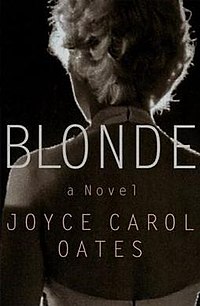Literature and Poetry
 Joan Cannon: Suspense, Motives, Reactions, and Emotions: How Do Authors Do It?
Joan Cannon: Suspense, Motives, Reactions, and Emotions: How Do Authors Do It?
There are fiction writers who are able to tease out tangled skeins of suspense into balls that can be unrolled logically and delightfully from the first loose end to the heart at the center, and can smooth out the last kink. more »
 Review: A Paean to an American Museum
Review: A Paean to an American Museum
As curator of Anthropology at the American Museum of Natural History for forty years, Stanley Freed’s insider knowledge, academic integrity, captivating anecdotes and droll asides transform the original documents, letters, and archives on which his history is based, into a fascinating narrative. more »
 More Than Just a Pretty Program: Birdsong on Masterpiece Classic
More Than Just a Pretty Program: Birdsong on Masterpiece Classic
The novel came 13th in a 2003 BBC survey called the Big Read which aimed to find Britain's favourite book. It has also been adapted three times under the same title — for radio (1997), the stage (2010) and television (2012).. Now it's being presented on Masterpiece Classic. more »
The Mystery of Edwin Drood: "The loveliest girl in the world is yours by will and testament"
"An awkward interest (awkward because romantic) attaches to Miss Bud in the minds of the young ladies, on account of its being known to them that a husband has been chosen for her by will and bequest, and that her guardian is bound down to bestow her on that husband when he comes of age." more »







